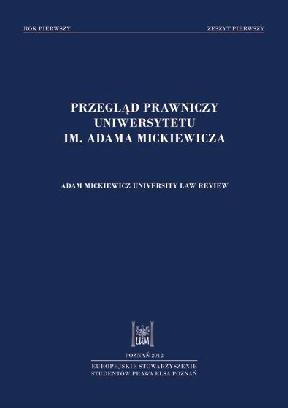Państwo laickie w świetle dorobku współczesnego konstytucjonalizmu europejskiego
The secular state in the context of the contemporary European constitutionalism
Author(s): Paweł BoreckiSubject(s): Constitutional Law, Canon Law / Church Law, Philosophy of Law, EU-Legislation
Published by: Uniwersytet Adama Mickiewicza
Keywords: secularism; secular state; separation of church and state; neutral outlook of the state;
Summary/Abstract: In today’s Europe the secular state dominates. Disseminating the principles of the secular state in Europe promotes the diversity of religious and philosophical populations. The principle of the secular state no longer serves to reduce the social significance of religion or religious organizations. A way of expressing the principle of secularism in constitutional acts is diverse – it is often necessary for complex analysis of the content of the constitution. The principle of the secular state is expressed in the constitutions of approximately 14% of European countries. State Secularism is often equated with the principle of separation of church and state. In Europe, however, there are examples of countries that are exceptions to this rule. In total, the formal separation of church and state is expressed in approximately 25% of the constitutions of European countries. Often the principle of this separation in the Basic Law is expressed in a veiled manner. The most important feature of a secular state is considered to be the modern principle of neutrality. However, it is rarely explicitly expressed in the Basic Law in Europe. Its spread was mostly driven by the constitutional court decisions and statements of the doctrine of the law.
Journal: Przegląd Prawniczy Uniwersytetu im. Adama Mickiewicza
- Issue Year: 2016
- Issue No: 6
- Page Range: 173-191
- Page Count: 19
- Language: Polish

